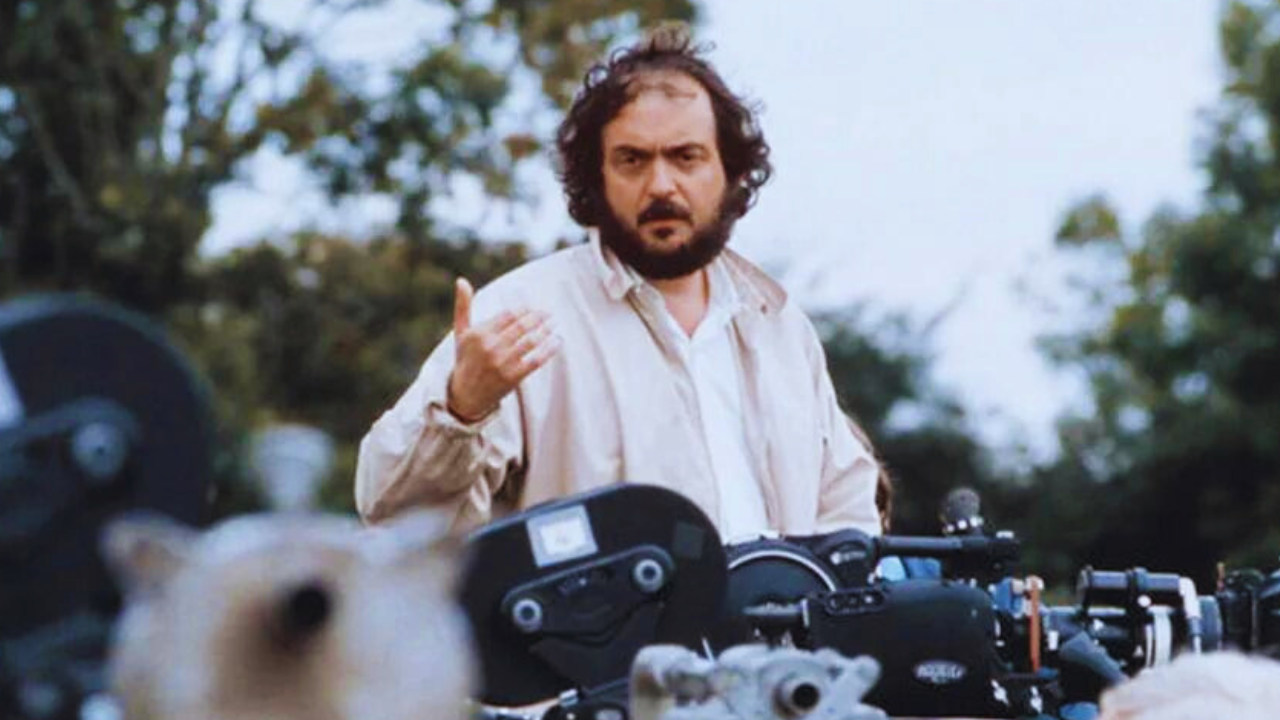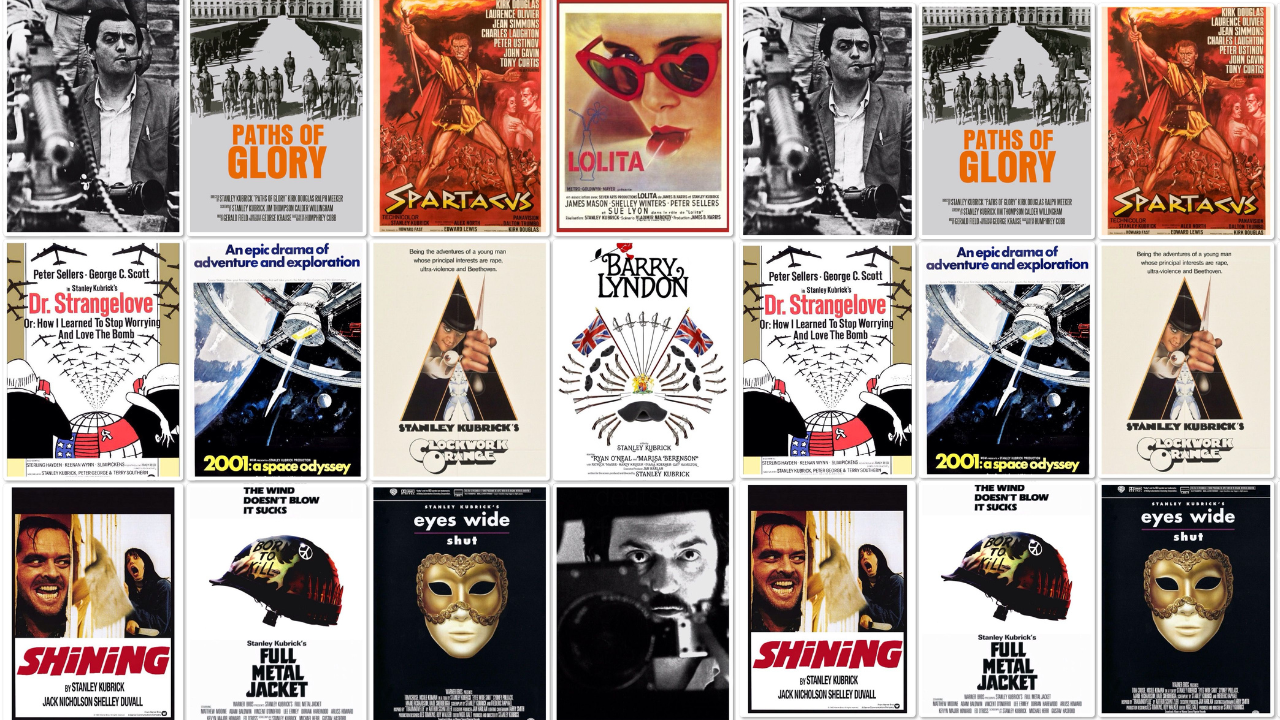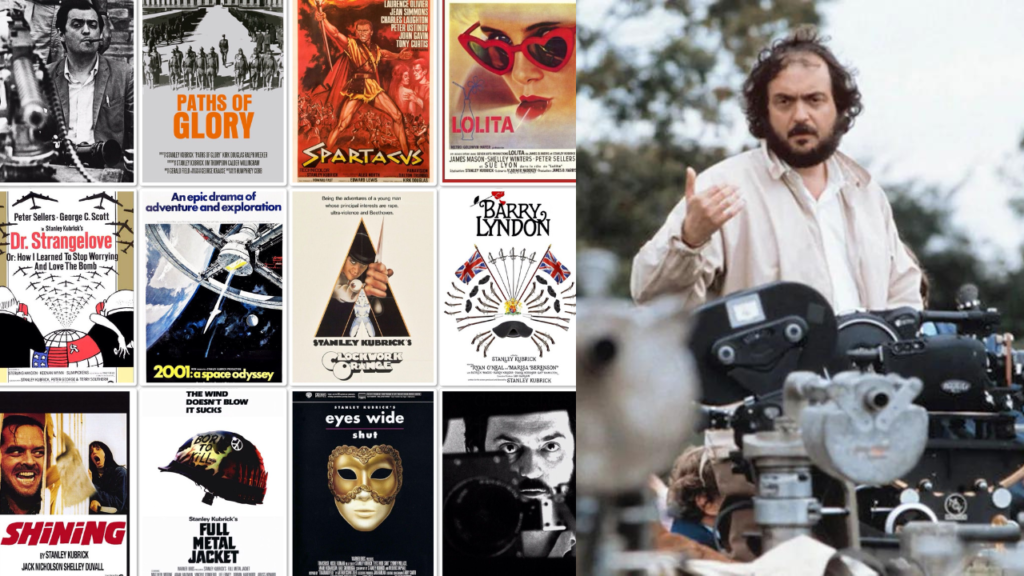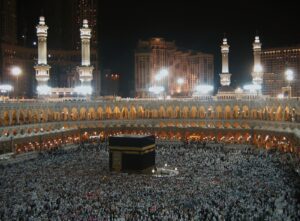Entertainment Desk, BT: In the pantheon of cinematic luminaries, few names are as revered and mystifying as Stanley Kubrick. A director, producer, and screenwriter whose influence extends far beyond the boundaries of the silver screen, Kubrick’s legacy is a tapestry woven with threads of innovation, intellect, and an unwavering commitment to pushing the boundaries of storytelling. This expansive feature embarks on an intricate exploration of Stanley Kubrick’s unparalleled filmography, tracing the evolution of a visionary whose impact on the world of cinema remains immeasurable.

I. The Early Years: A Seed Planted in Grit and Noir
The dawn of Stanley Kubrick’s cinematic journey, nestled in the 1950s, saw the emergence of a talent destined for greatness. The likes of “Paths of Glory” (1957) and “The Killing” (1956) may have been initial footprints in the sands of Hollywood, but they were precursors to the indomitable spirit and artistic prowess that would come to define Kubrick’s oeuvre.
II. Mastering Genres: A Renaissance of Cinematic Expression
The swinging 1960s witnessed Kubrick’s audacious foray into varied genres, a testament to his versatility and willingness to experiment. The epic canvas of “Spartacus” (1960) showcased Kubrick’s ability to helm a colossal historical drama, while the darkly satirical “Dr. Strangelove or: How I Learned to Stop Worrying and Love the Bomb” (1964) underscored his mastery of black comedy.
III. The Odyssey of 2001: A Space Odyssey (1968): A Cinematic Revolution Unfolds
The apex of Kubrick’s artistic evolution manifested in “2001: A Space Odyssey,” a transcendent journey through time and space. Collaborating with the visionary Arthur C. Clarke, Kubrick shattered conventional storytelling norms, delivering a sensory symphony that explored the very fabric of existence. The film’s groundbreaking special effects and meticulous attention to detail reshaped the cinematic landscape, elevating it to a realm previously untouched.
IV. A Clockwork Orange (1971) and the Moral Maze Explored
Kubrick’s venture into dystopia with “A Clockwork Orange” plunged audiences into a nightmarish world, challenging conventional notions of morality. Adapted from Anthony Burgess’s novel, the film delved into the intricacies of free will and societal control, leaving an indelible mark on the ethical discourse surrounding cinema.

V. The Shining (1980) and the Atmospheric Alchemy of Horror
With “The Shining,” Kubrick turned his gaze to horror, redefining the genre with a psychological depth rarely seen. Jack Nicholson’s iconic performance, combined with Kubrick’s meticulous direction, transformed this adaptation of Stephen King’s novel into a haunting exploration of isolation, madness, and the supernatural.
VI. Full Metal Jacket (1987) and the Brutal Realities of War
Returning to the war genre with “Full Metal Jacket,” Kubrick dissected the dehumanizing effects of conflict. The film’s dichotomous structure, delineating the harsh training of Marines and their harrowing experiences in Vietnam, underscored Kubrick’s unflinching commitment to portraying the unvarnished truths of war.
VII. Eyes Wide Shut (1999) and the Swan Song: A Cinematic Enigma Unveiled
Kubrick’s final opus, “Eyes Wide Shut,” served as a fitting enigma to conclude his illustrious career. A psychological exploration of desire, jealousy, and societal norms, the film’s posthumous release added an extra layer of intrigue, leaving audiences with a haunting and open-ended narrative that continues to be dissected and interpreted to this day.
Conclusion:
Stanley Kubrick’s filmography is not a mere collection of movies but a journey through the complexities of the human condition. From the grit of his early works to the groundbreaking experiments with form and content, Kubrick’s legacy resonates as a testament to the enduring power of cinema. His films remain a provocation, a canvas upon which the enigmatic director painted the uncharted depths of our shared humanity, leaving an indelible mark that transcends time and genre.





